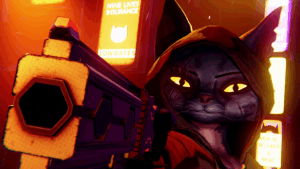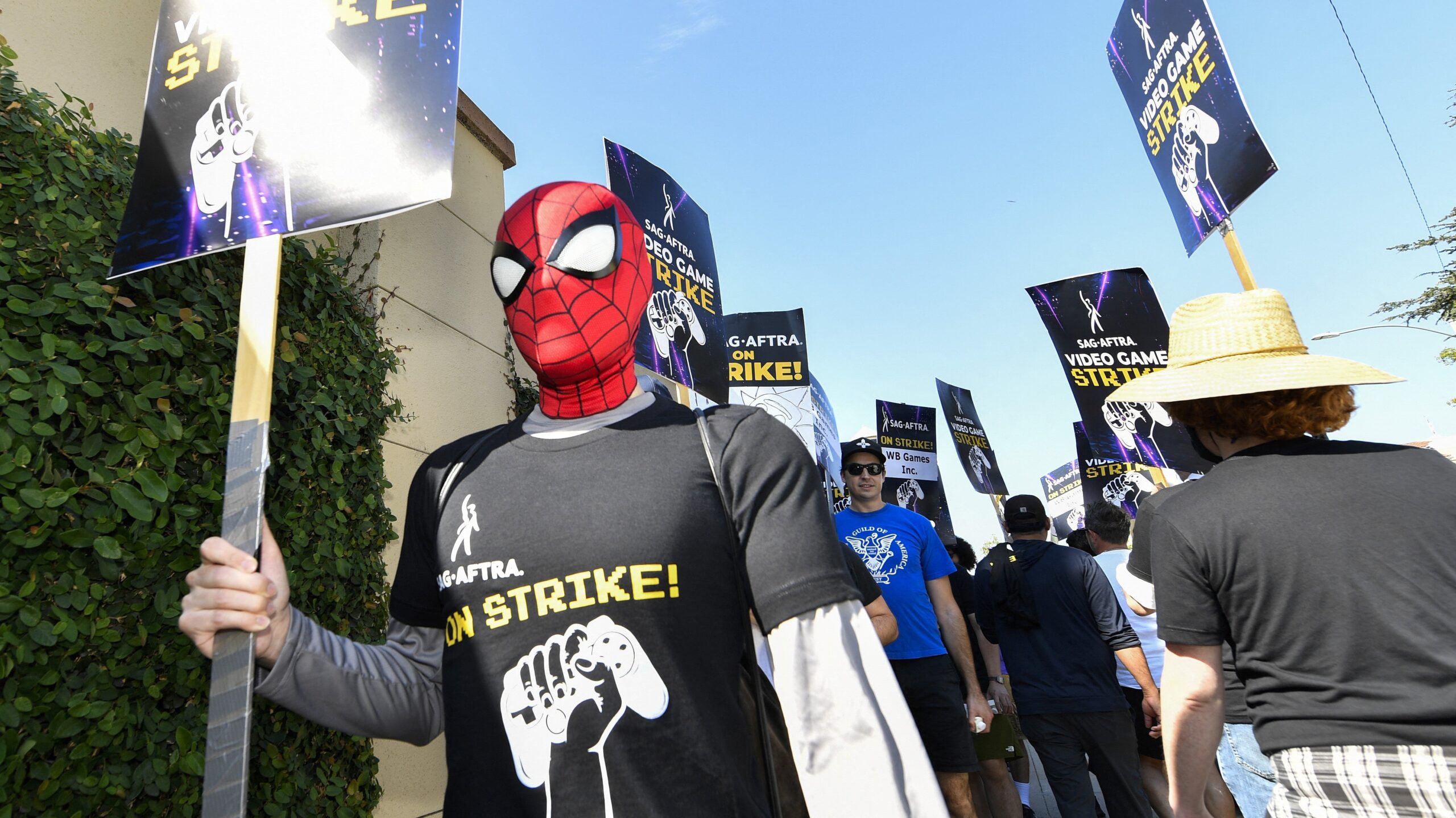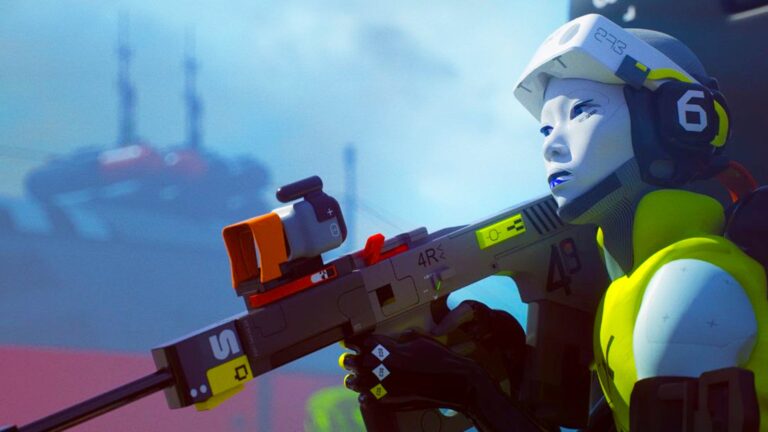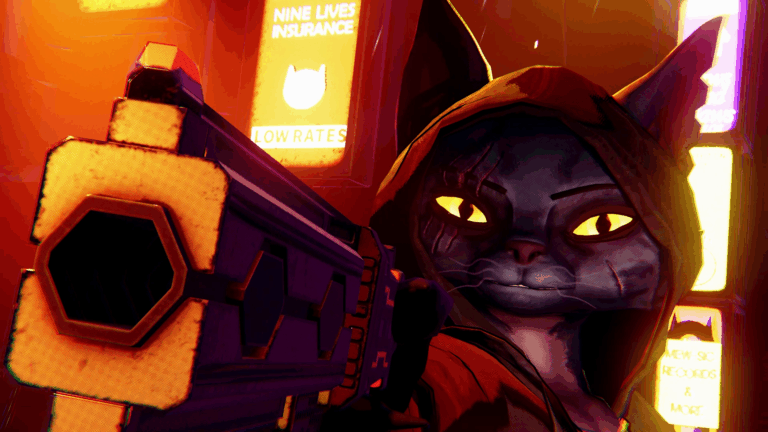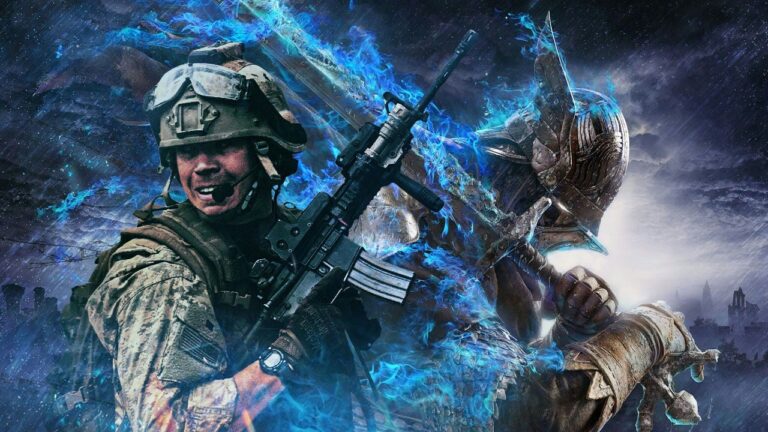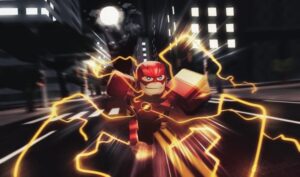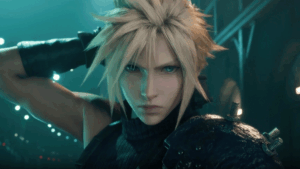The End of the Video Game Voice Acting Strike
It’s official — the nearly year-long strike by video game voice actors and performers has come to a close. The Screen Actors Guild – American Federation of Television and Radio Artists (SAG-AFTRA) announced that it has reached a tentative agreement on a new contract covering interactive media earlier this week. This development signals a significant milestone in the ongoing labor dispute within the gaming industry, potentially bringing an end to almost twelve months of industrial action.
As of noon Pacific Time on June 11, SAG-AFTRA has formally suspended its strike activities. While the agreement is not yet final, a crucial meeting scheduled for June 12 will determine whether the union members ratify the deal and officially endorse the new terms. If approved, the contract will be signed, allowing voice actors to return to work and resume their roles in upcoming projects.
The Origins of the Strike and Key Issues
The strike was initiated back in July 2024, driven by unresolved disputes over AI technology and voice rights. Major gaming companies including Activision, Electronic Arts, Epic Games, and others failed to reach an agreement with SAG-AFTRA on provisions related to artificial intelligence and its impact on performers’ rights. As a result, over 98% of union members voted in favor of striking, highlighting the widespread concern over AI misuse and fair compensation.
Throughout the strike, many popular games experienced noticeable disruptions. Some titles, such as Destiny 2 and World of Warcraft, appeared to have unvoiced NPCs in scenes where voice work was expected, indicating the effects of the industrial action. Last year, the controversy extended to League of Legends, when Riot Games reportedly attempted to bypass the strike by canceling a scheduled game. Additionally, recasting of voices in titles like Call of Duty: Black Ops 6 became a concern for fans and performers alike, as new voice actors replaced original performers.
Impact of the Strikes and Industry Reactions
The strike highlighted the growing influence of AI in the gaming industry, raising questions about performer rights and ethical use of artificial intelligence. SAG-AFTRA filed a complaint with the National Labor Relations Board (NLRB) after Epic Games introduced an AI-generated Darth Vader NPC in Fortnite, sparking further debate about fair labor practices and AI’s role in voice acting.
Some industry insiders and performers argued that the strike was necessary to protect performers’ rights and ensure fair treatment. For example, Ashly Burch, a well-known Horizon actor, publicly voiced her concerns through a now-deleted video. She described a conversation with an AI-powered version of her character Aloy, noting the robotic voice and stiff facial movements—clear signs of AI-generated performance rather than human acting. Burch emphasized the importance of consent, fair compensation, and transparency when it comes to AI use in the industry, warning that without proper protections, the future of voice acting could be jeopardized.
The Road Ahead
If the upcoming union vote confirms the agreement, performers can finally return to work, and production schedules in the gaming industry are expected to stabilize. For players, this means fewer interruptions and more consistent voice acting in their favorite titles. The resolution of this dispute marks a critical step toward balancing technological advancements with performers’ rights and fair labor practices in the rapidly evolving world of video game creation.

